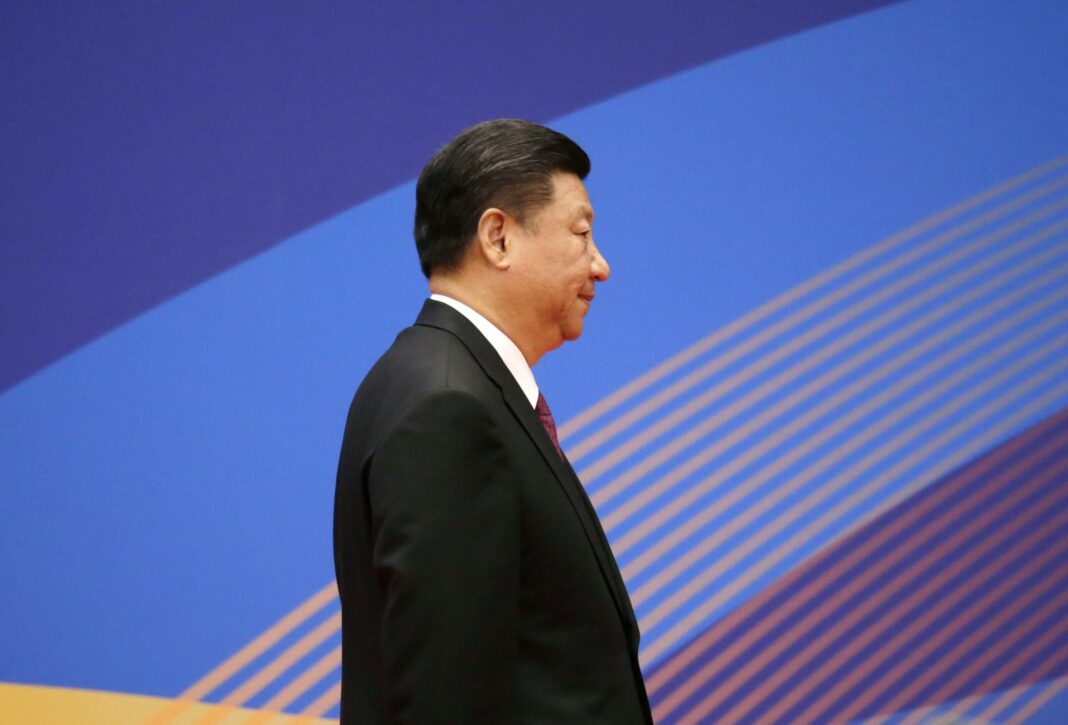In the past two decades, China’s global economic clout has not only increased its contribution to the global economy, but has also caused global indebtedness to rise significantly, especially among the developing world. Beijing’s international lending that is notoriously know for its high interest rate along with easier access to cash flow, has been deemed to be amongst the major reasons for the rise of debt sustained by developing countries that are barely managing to stay afloat economically.
Beijing’s growing presence in the international financial market is also visible through the fact that it has an outstanding claim of more than 5% of global GDP with almost all of the disbursement coming directly from the Chinese government and its state-controlled entities. This has also promoted it to become the largest bilateral creditor to the world with lending amounting to around $1.5 trillion through direct loans and credit lines to over and above 150 countries across the world.
A recent report published by Aid Data assessed the extend of China’s economic influence in light of its significant contribution to global lending practices. It stated that from the year 2008 to 2021, China went onto provide rescue loans to countries that were already struggling with incurred debt from the Belt and Road Initiative. It also noted how China has provided a staggering $240 billion in loans to countries in debt distress with a specific jump in lending from 2010. The report has brought into question Beijing’s true intensions of overburdening weaker economies with sustained debt in order to exert its influence upon the region as a whole. However, these factors are only part of a larger sum in China’s international financial coercive means. If understood with its larger investments in portfolio debts amounting to $1 trillion of U.S treasury debt purchases along with trade credits, Beijing’s claim over the global economy soars to an astounding $5 trillion. This effectively means that the global economy currently owes more than 6% of its total GDP to China.
The report also determined the extend of China’s target countries. Middle income countries were the amongst the more prominent borrowers from Chinese banks which included countries such as Argentina, Pakistan, Egypt among others. Low-income countries too were amongst the largest borrowers with countries specifically from Africa dependent on Chinese loans. The case of Zambia, Ghana and Kenya have previously also been seeking such relief loans in order to maintain to economies. Yet the African continent as a whole has been granted excessive debt in order to gain influence over its natural resources. China has over the years become the largest bilateral creditor to African countries and more so seems to be putting its strategy to the test by providing further loans in the name of relief packages to pay back their own debt undertaken by the recipient nation. Beijing has been providing financial loans for infrastructural projects to more than 32 African nations including Angola, Ethiopia, Republic of Congo, Djibouti and Cameroon in some of the recent years.
Combined together, the continent as it stands owed China a deficit of $93 billion dollars until 2021 and is predicted to reach $153 billion in the coming years. An even more concerning fact however is the understanding that many countries among its recipients owe debt of at least 20% of their GDPs to Beijing including but not limited to countries such as Tonga, Maldives, Kyrgyzstan, Cambodia, Niger, Laos, Samoa, Vanuatu and Mongolia to name a few. Beijing’s global influence in the global lending sector has also brought to light its significant loans provided to Russia over the years. As per reports, cumulative Chinese lending to Russia since early 2000s exceeded well over $125 billion. These lending have mostly aimed to finance Russian state-owned enterprises in the energy sector which has been seeking easy access to capital given the enormous sanctions it has been under especially after the Ukraine invasion.
Moreover, in order to safeguard its lending, Chinese lenders have rallied around strict contractual agreements that incorporated hidden debts mechanisms and stricter repayments with higher interest rates that the global market. With the promise of faster access to capital China has been duping weaker economies with enticeful incentives for infrastructural development in lieu of guarantees that its business will be permitted to function as per its convenience. These methods have also led to Chinese MNC’s at times allowed to override local laws as per its needs.
In the given scenario, countries struggling to repay Chinese debt must rally together to prevent Chinese hawkish behaviour upon its sovereign decision-making processes. Countries especially from the developing world must prevent Beijing’s authoritative intentions through economic coercive means from taking shape by calling out its strict contractual measures. This will not only go on to restrict China’s aspirations but will also motivate other economically distressed countries from falling into Chinese dictates in terms of policy decisions that Beijing is attempting to achieve. Thus, an initiative to aide the developing world prevent further economic distress on behalf of Chinese loans is a viable objective to encapsulate for global leaders through various multilateral forums where a voice of the economically volatile countries is given its due presence along with greater importance in terms of consultative actions against Chinese hegemonic aspirations
.insideover.com

